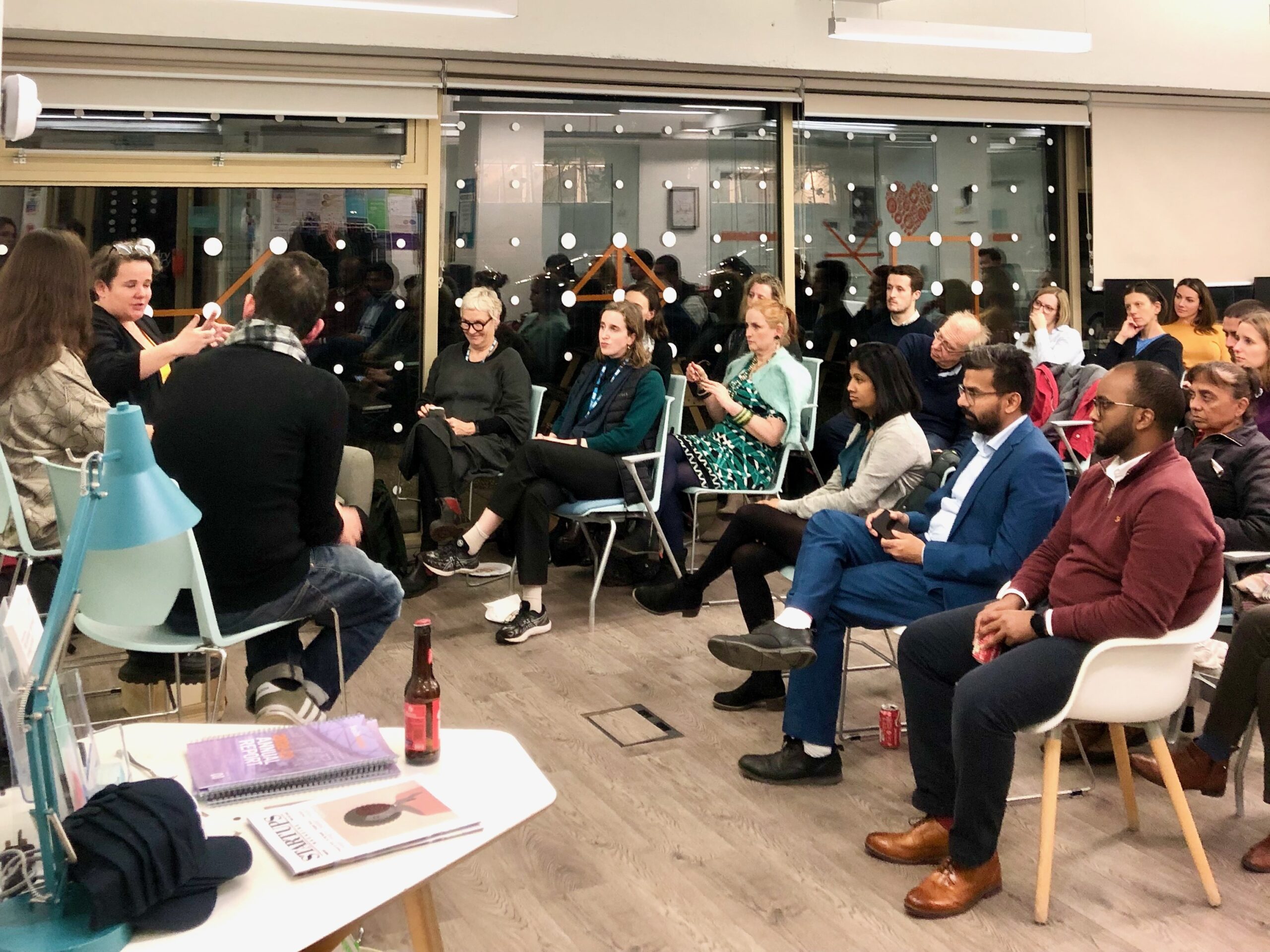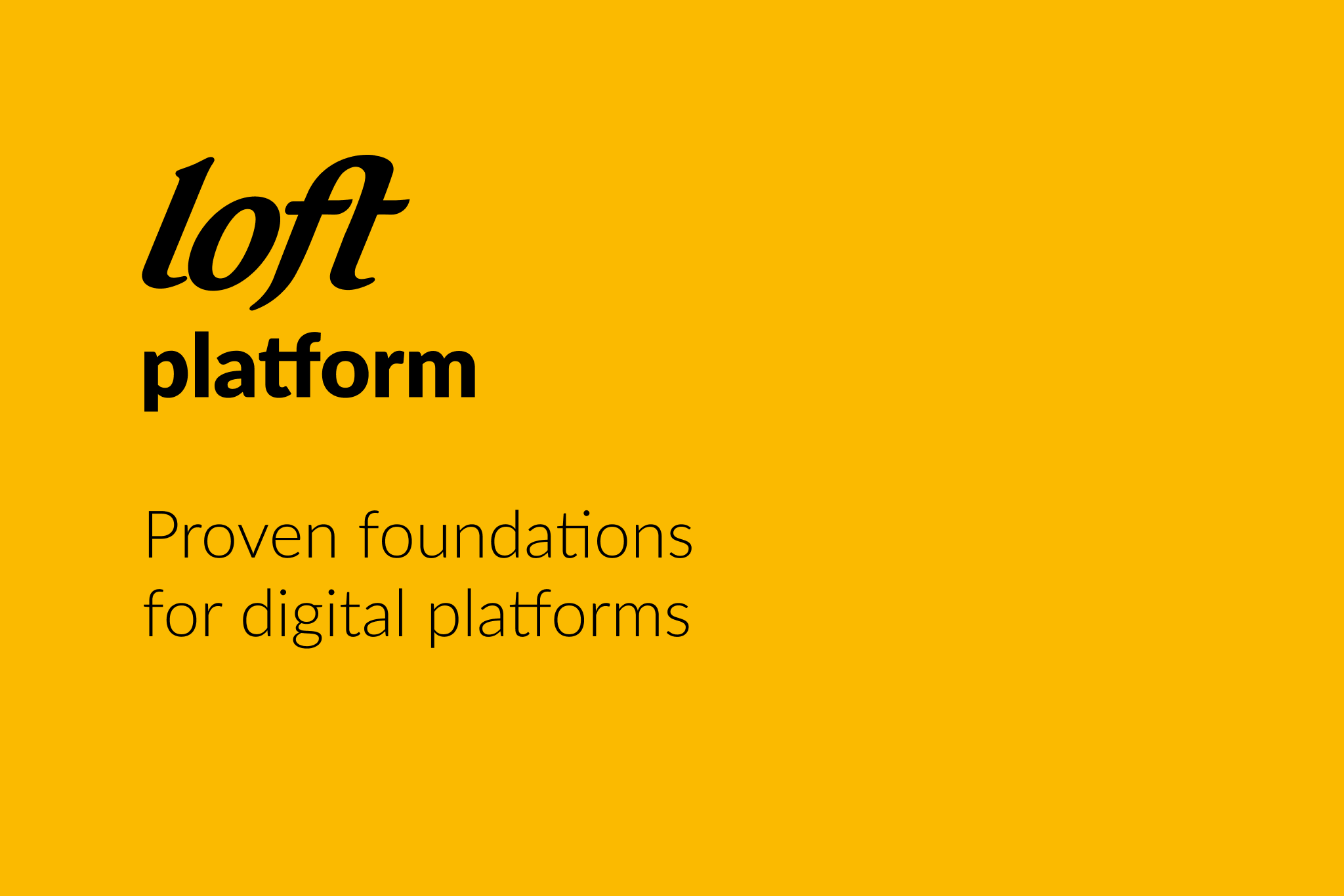Last month, the independent think tank Public Policy Projects launched a comprehensive report calling on the government to put technology at the centre of healthcare policy going forwards.
Entitled Digitisation of Healthcare and Medical Technologies, the report was published in collaboration with Future on Health and provides a ‘state of the nation’ account of healthcare and public health policy in 2021. Over some 126 pages, its researchers refer to over 40 tech case studies, with input from more than 60 interviewees across the NHS, academia, tech, charities and private healthcare companies.
Because of our work building various technologies for the digital health sector, we’re particularly interested in the report. Many of the recommendations made in the Digitisation of Healthcare paper confirm discoveries and observations we’ve made while developing applications, and chime with the digital health technology strategy we are developing.
“The world stands at the dawn of the greatest advances in science, medicine and technology in human history,” it says.
We’ve summarised the report’s recommendations, adding some of our own observations and experiences developing digital health applications, where relevant.
1. Place digital innovation at the heart of healthcare reform
The way that online services have supplanted traditional ones during the pandemic is a key theme across the report, and it urges the Department for Health and Social Care to capitalise on the cultural and practical changes that have been put in place in order to drive ahead with further innovation. Basically, this means creating a digital and data ecosystem within the NHS.
2. Empower patients to become informed co-creators of their own health
This is a huge one for us, here at Loft. Not only does it broach much broader ethical and philosophical debates around individual agency and digital citizenship, but it cuts to the heart of some very practical matters. At the moment, patient access to their records needs improvement, particularly in secondary care, and by and large patients are not involved in how their records are kept or shared. Silo-isation across healthcare organisations can make it difficult for specialist care to be administered efficiently, and for data pertaining to particular groups to be compiled and analysed.
For example, on the MyEyeSite project Loft is working on with UCL and Moorfields Eye Hospital, we want to empower patients by giving them digital tools to access, collect and share data about their rare eye diseases. We see this as the lynchpin when it comes to using new technology to affect better outcomes in healthcare.
3. Implement a prevention-first approach
Here the report points out how the pandemic exposed health inequality in the UK, and talks about how digital models of care and the use of data provide potential solutions. This recommendation doesn’t actually talk about prevention as a means to improving health at a population level but does point to commitments made in the 2019 Green Paper Advancing our health, prevention in the 2020s.
4. Legislate for better data access, interoperability and protection
A legislative framework that gives patients the confidence that their data will be used safely and in accordance with their wishes, while giving healthcare bodies the confidence to legally use data in beneficial ways without fear of reprisal will be crucial. It will enable more joined up practices between organisations (healthcare and otherwise) to facilitate Integrated Care Systems. And it will make recommendation 2 possible. The cumbersome combination of GDPR, ICO and the Caldicott principles needs rationalisation in a way that unshackles useful data while protecting patient privacy.
Loft is working with the Centre for Information Policy Leadership to understand how our work in digital health can bring about change.
5. Review effective digital solutions used during the pandemic
The report calls on the DHSC, NHS England/Improvement, NHS Digital, NHSX and the Care Quality Commission to carry out a comprehensive review of the digital solutions used in healthcare during the pandemic, and use the findings to develop long-term sustainable care pathways. Here at Loft, we’d be fascinated to know how virtual appointments, digital treatment and therapeutics, remote monitoring and other technologies were implemented, what uptake was like, what the user feedback was, and so forth.
Importantly, the report notes that we need to learn more about the digital divide, where and how patients fall between the gaps as technology is implemented, and what we can do about it.
6. Map the role of digital in the patient pathway
This recommendation is about mapping how technology will be implemented in end-to-end care programmes, and properly funding these plans. At Loft, we’d like to know more about how and where technology platforms will be required by healthcare bodies so that we ourselves can identify potential opportunities and partnerships, and invest in developing technologies that fit the requirements.
7. Fund digital enabled transformation to level-up services
No doubt the reference to leveling-up has been made in order to chime with the current government’s rhetoric, but this recommendation really follows on from number 6. The authors of the report want the Treasury to adequately support digital innovation so that digital transformation can occur according to each local care innovation plan, and that no local NHS bodies are left behind in the implementation of new healthcare technologies.
8. Unleash the potential of personal health data
This recommendation refers to the wider use of the NHS App, which was developed during the pandemic and enables patients to connect with participating GP surgeries. The researchers behind the study also want NHSX to integrate data from NHS Health Check and other sources with patients’ personal health records and the NHS App. It’s all about combining each patient’s records into a unified account, which will be empowering to patients and will aid NHS efficiency.
However, the platform we are developing goes a step further in unleashing the potential of personal health data. Once a user’s health records have been compiled, there is enormous potential for them to be used in research being done to better understand and treat rare diseases, for example.
In several places, the Digitisation of Healthcare and Medical Technologies report mentions health approaches at the population level. Although that isn’t referred to in recommendation 8, maybe it should be. Analysing the data held on millions of patients will prove tremendously powerful in identifying health trends and allocating resources at a population level.
9. Promote a diverse and digital central leadership
This recommendation calls for more diverse leadership across Integrated Care Systems – reflecting the make-up of the patient population, the staff and the different types of knowledge and skills that will be required to implement such far-reaching technological change. It also calls for the promotion of Chief Information Officers and Chief Clinical Information Officers to the boards of Integrated Care Systems in England. We think that putting technology champions into the top echelons of leadership everywhere will help towards the leveling-up referred to in recommendation 7.
10. Put data at the centre of decision-making
Integrated Care Systems were introduced to ensure joined-up thinking between local public health bodies, councils, education bodies and so forth. It’s only sensible that these boards make decisions based on evidence, and health records must be a part of that. Better data will hopefully lead to better decisions and greater efficiency.
11. Reinforce a culture of innovation and collaboration
The culture of continual collaborative care encouraged by the 2020 report We are the NHS: People Plan for 2020/21 must continue, and should combine what teams throughout the health service have learned through implementing new technology and changing practices during the pandemic. The recommendation also calls for the strengthening of strategic relationships with external partners contributing towards a digital and data-enabled healthcare future. As one of those partners, we at Loft would welcome further collaboration with NHS bodies, and the opportunity to expand our contribution to the digitisation of services.
12. Implement learnings to develop digital skills
This recommendation is all about upskilling within the NHS, and the augmentation of digital learning opportunities through human resources departments across the health service. Again there is discussion of what we can learn from measures taken during the pandemic, and the notion of ‘building down’ is introduced, putting some of the onus on digital pioneers to share their knowledge and skills to develop best practice advice on how to implement and utilise new healthcare technologies.
What’s missing?
Digitisation of Healthcare and Medical Technologies is a very thorough report and it’s difficult to disagree with any of its recommendations. If there is a gap, however, perhaps it is in the area of personalised healthcare. Although the report mentions this, we believe that beyond empowering patients to control their data, technology can play a tremendous role in tailoring healthcare to individuals and unique patient groups.
Population-level policy is where the government will inevitably focus its attention as it is where the big costs lie, but it is the patient touch points that will be critical in engaging people with digital healthcare. It is surprising that none of the recommendations focuses on user-centred approaches to the development and implementation of new technologies, for the delivery of digital health services.
More about MyEyeSite
Developed with the support of Health Data Research UK and Innovate UK, MyEyeSite is a collaboration between Loft, Moorfields Eye Hospital and UCL. The project is now in open beta, with patients able to register, add data to their accounts and share it with their specialists. We believe the platform has potential not just in ophthalmology but across a wide range of use cases in digital health.
Find out more at the MyEyeSite website, or read our case study on the project here.







